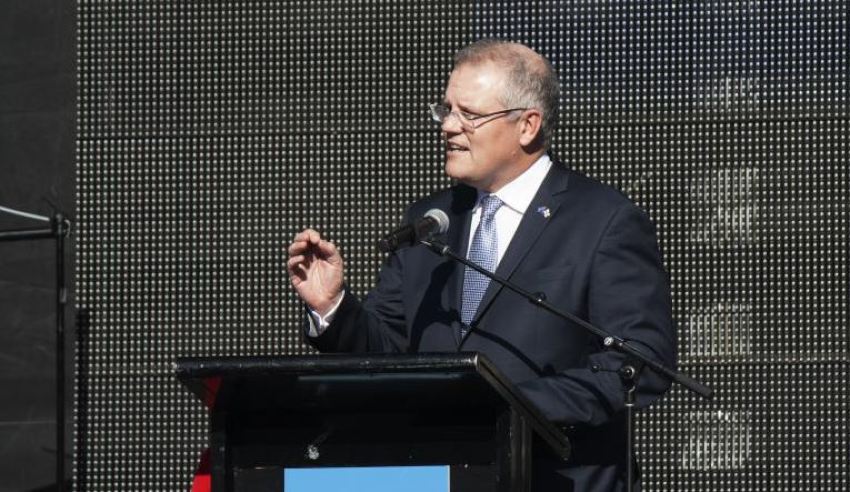The Commonwealth government’s new multinational nuclear submarines deal has caught the ire of political and industry stakeholders.
Australia’s new trilateral security partnership with the United States and the United Kingdom (AUKUS) — which will see a fleet of nuclear-powered submarines delivered to the Royal Australian Navy under a knowledge sharing arrangement — has been met with criticism from federal Greens MP Adam Bandt.
Bandt has described the deal as a “dangerous decision”, which he said would make Australia “less safe” by hosting “floating Chernobyls” in the cities of Adelaide and Perth.
The MP also claimed the decision would heighten risks of nuclear war in the region, “putting Australia right in the firing line”.
“It's a terrible decision, it's one of the worst security decisions in decades,” he told the ABC.
Bandt called on support from the federal Labor Party, who he urged to block the deal.
“The Greens will fight it tooth and nail and we hope Labor joins us in fighting it because if Labor opposes it as well as the Greens, it will be dead in the water,” he added.
The member for Melbourne also alleged that the procurement of nuclear-powered submarines could lead to the establishment of a broader nuclear agenda.
“I also do think that it's attempting to gain a beachhead for a nuclear industry in Australia, which we know many people in the Coalition have been pushing for some period of time,” he added.
The government’s decision has also been condemned by the Electrical Trades Union, with assistant secretary Michael Wright lamenting the lack of scrutiny ahead of the deal.
“After completely bungling the Naval Group submarines deal, the Commonwealth government expects us to believe it can be trusted to negotiate and manage the delivery of nuclear submarines. This is preposterous,” Wright contended.
He said the procurement of nuclear submarines would undermine Australia’s sovereign capability by increasing dependence on foreign resources.
“Surely the recent experience with COVID demonstrated the danger of relying on international supply chains for the core needs of a self-respecting nation?” Wright continued.
“… We are fearful this will also cost Australia much needed engineering, manufacturing, and construction jobs.
“We need answers as to where and how these nuclear submarines will be built. We need these answers quickly.”
The federal government plans to iron out further details regarding the fleet’s capability, project logistics, and the delivery timeline over the next 18 months.
The key capability benefit of nuclear propulsion is extended below-surface endurance, which in turn enables vessels to carry larger crews, and host more on-board equipment.
Nuclear submarines are also typically built with diesel generators, which can support the vessel if the nuclear reactor falters.
[Related: Australia goes nuclear – Australia to obtain nuclear submarines as part of new global alliance ]
[Join the Defence Connect Messaging Service: https://www.defenceconnect.com.au/live-updates]









